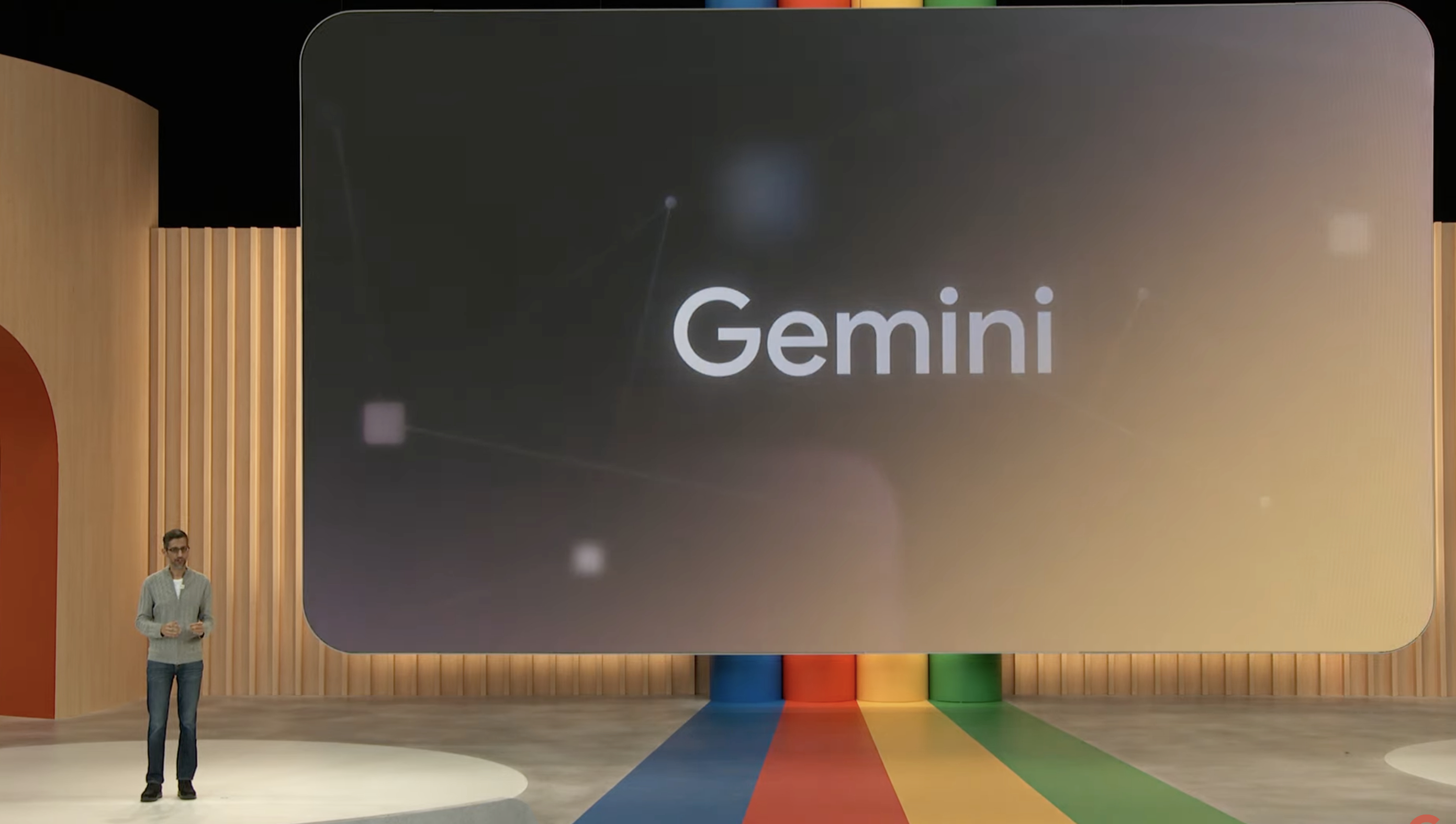Google’s ChatGPT competitor is delayed — here’s why that’s a good thing for Gemini
Google is improving language support

Google has delayed the release of its next-generation artificial intelligence model Gemini until at least January to improve support for a wider amount of languages.
Gemini was announced earlier this year as a replacement for the current generation PaLM 2 foundation model that powers the current suite of Google AI tools. This includes YouTube experiments, Bard, and the Duet AI tools in Workspace.
There were due to be a series of in-person events for the launch of Gemini including demonstrating how it compares to OpenAI’s ChatGPT on a range of tasks but these have since been canceled to allow developers to continue working on its language skills.
What went wrong?
According to a report in The Information, the delay came about after it was found Gemini struggled to "reliably handle some non-English queries".
As global support is significant for Google, in part due to the fact Gemini will be incorporated across its product range, but also as it competes with OpenAI’s GPT-4, the decision was taken to delay the major launch events in favor of something more low key.
There were events planned for California, New York, and Washington to show off Gemini in person and allow developers and journalists to get hands-on with the AI tool. Instead, Google has opted for a virtual demonstration.
What happens next?
The big events were a crucial part of the Google strategy for Gemini, which is still expected to be launched in January. The goal was to show how it compares to OpenAI’s GPT-4, what this means in terms of product development, and where Google is going next with AI.
Get instant access to breaking news, the hottest reviews, great deals and helpful tips.
Gemini is seen as Google's most important AI project since merging its own AI division with the UK-based research lab DeepMind. Google claims it is comparable to GPT-4, which powers ChatGPT and so would likely allow both Bard and Google Assistant to improve significantly.
Back in April, a Google engineer had written an internal document which got leaked saying the company was losing its edge in AI to the open-source community which is positioned to make rapid adjustments to its lean products. A month later, Google removed its waiting list for Bard. However, it had to delay the European launch due to privacy concerns.
So, while having to delay a high-profile AI launch yet again, this time due to performance issues might seem embarrassing on the surface, it demonstrates how seriously Google takes getting it right the first time. It also shows the importance the company places on globalization as the AI race continues on into the new year.
More from Tom's Guide
- What is ChatGPT? Everything you need to know
- Google announces big AI upgrades — including identifying skin conditions
- I tried a ton of ChatGPT plugins and these 3 are the best

Ryan Morrison, a stalwart in the realm of tech journalism, possesses a sterling track record that spans over two decades, though he'd much rather let his insightful articles on AI and technology speak for him than engage in this self-aggrandising exercise. As the former AI Editor for Tom's Guide, Ryan wields his vast industry experience with a mix of scepticism and enthusiasm, unpacking the complexities of AI in a way that could almost make you forget about the impending robot takeover.
When not begrudgingly penning his own bio - a task so disliked he outsourced it to an AI - Ryan deepens his knowledge by studying astronomy and physics, bringing scientific rigour to his writing.
 Club Benefits
Club Benefits





